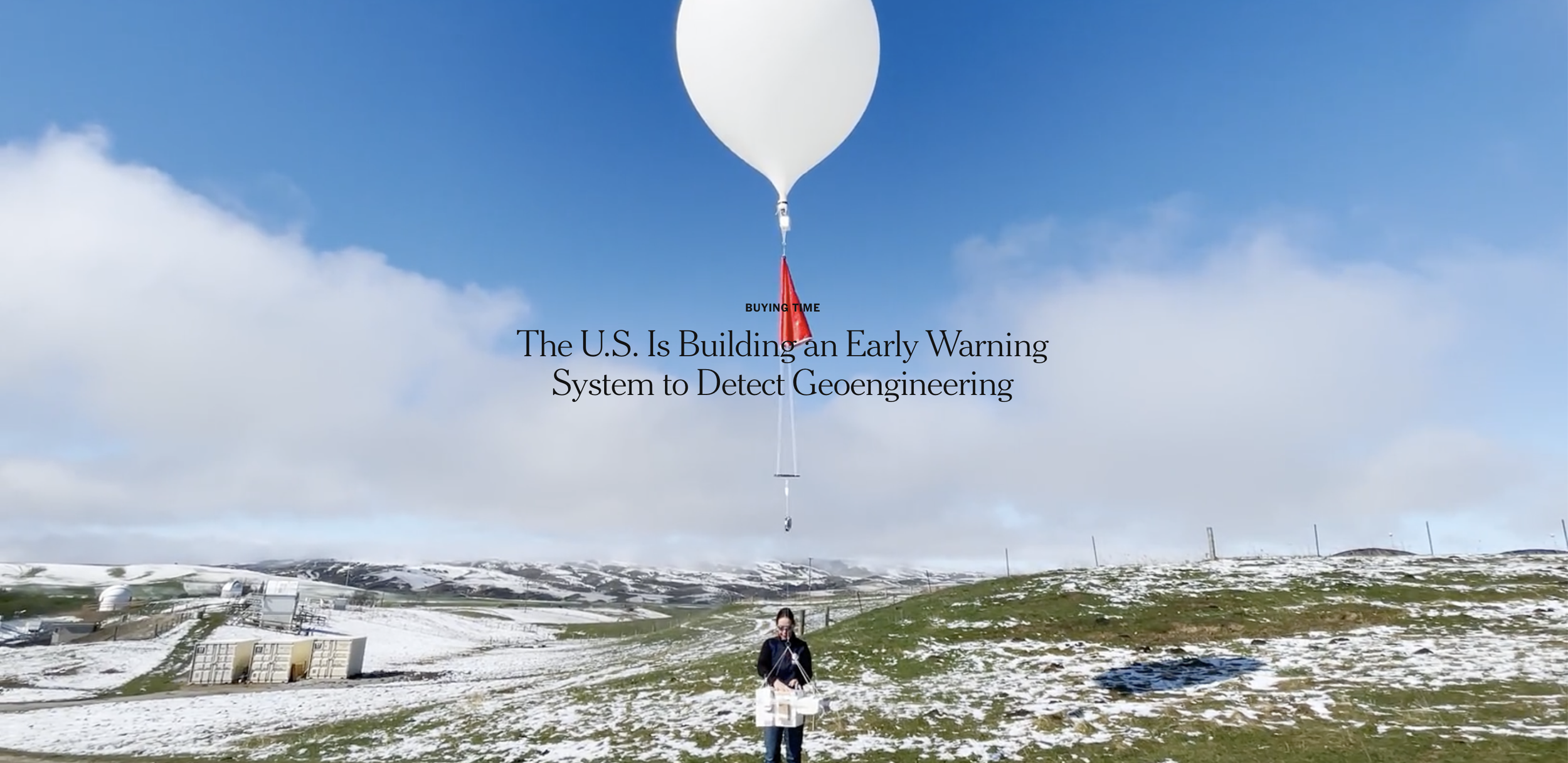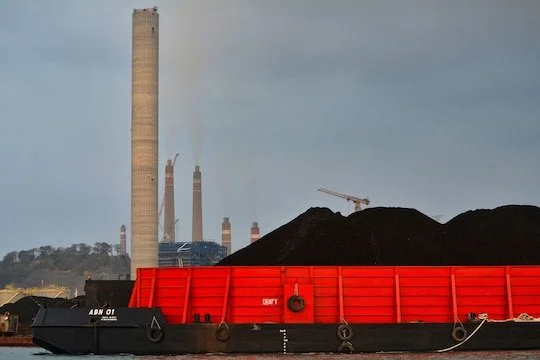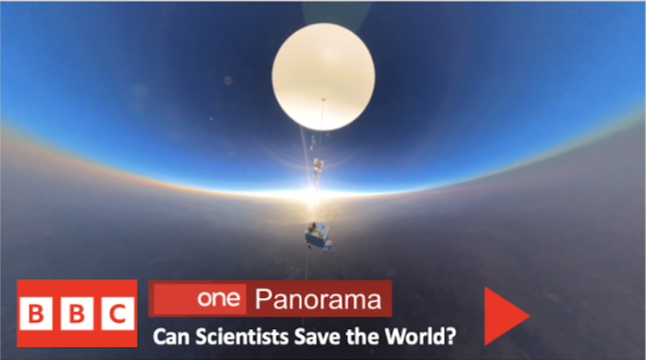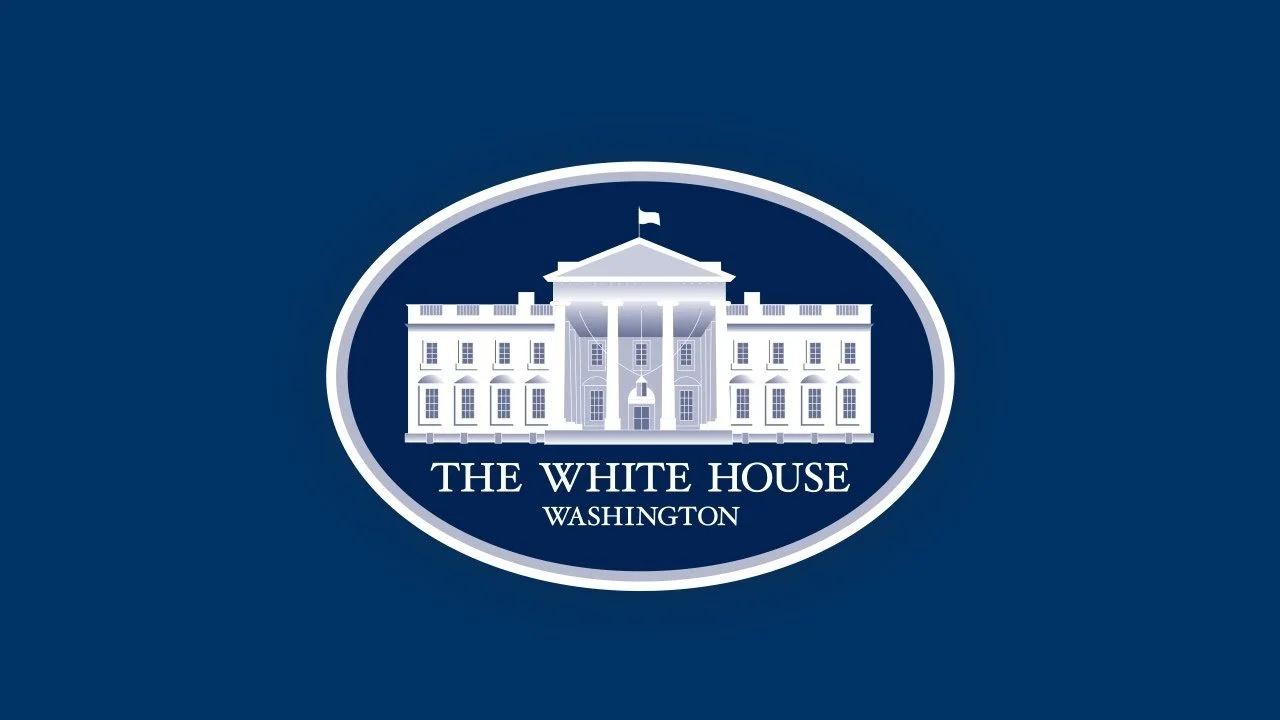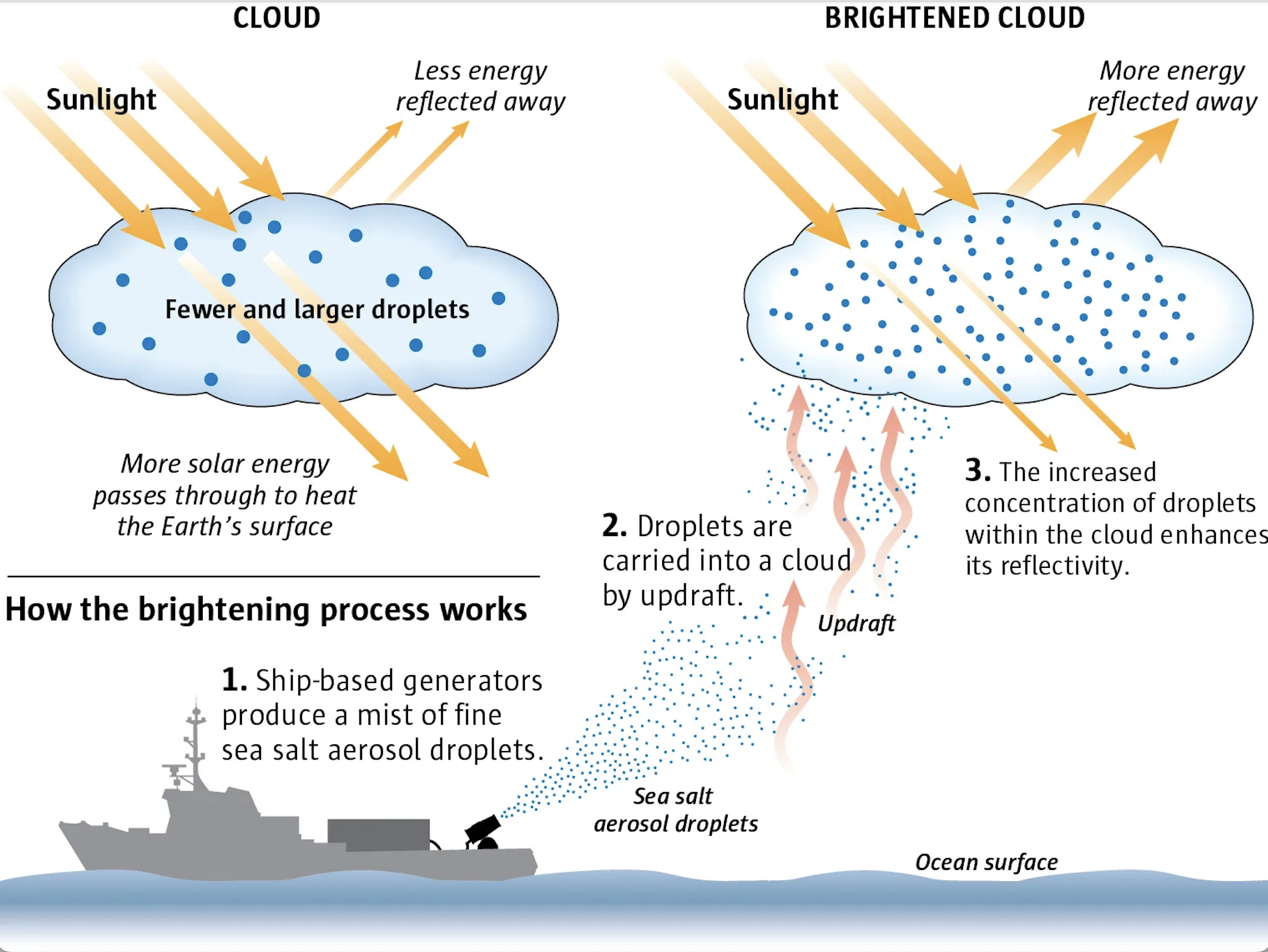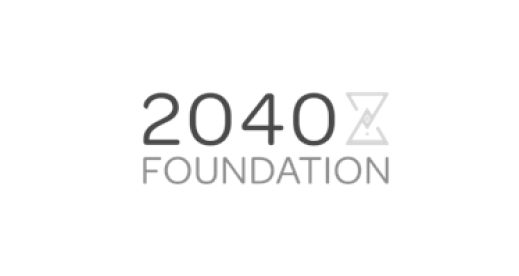
Ensuring a Safe and Secure Planet
We need better information and new approaches for near-term Earth system risks, to ensure economic and global security and protect communities and natural lands.

Earth System Risk
Rising meteorological extremes pose risks to energy security, economic competitiveness and public safety.

Protecting the Atmosphere
Scientists have proposed methods to reduce heat and other risks in the atmosphere by reflecting sunlight from particles and clouds. Today we lack the scientific information and monitoring capabilities needed for the world to ensure our safety and security.
We are filling a critical gap in the response to Earth system changes.
OUR CHALLENGE
Changes in the atmosphere and increasing weather extremes threaten global security, economic stability, and the resilience of our communities and natural systems. Emerging interventions in weather and climate, alongside shifts in global pollution, underscore the urgent need for robust data, monitoring, and better science tools. Yet today, we lack the information and capabilities necessary to evaluate and manage influences on our atmosphere safely and effectively.
Featured
A Rapid Global Observing System for the Atmosphere
Leveraging commercial ships and aircraft in innovative public-private partnerships, we are rapidly scaling global observations of the atmosphere to support science and innovation for a safe and secure future.
Ensuring a safe and secure future for our communities and natural lands.
OUR MISSION
Ensuring a safe and secure atmosphere requires advancing independent science, transparent data, and effective decision-making. SilverLining is dedicated to building society’s capacity to understand and protect the atmosphere in a world with escalating efforts to influence weather and climate . We support open research, science-based policy, and broad stakeholder engagement to promote public safety, economic prosperity, and national security.

Featured
New Interactive Roadmap for Research
Escalating risks demand concerted efforts to better understand near-term Earth system changes and approaches to reducing warming directly by increasing the reflection of sunlight from the atmosphere. Our interactive roadmap is part of an evolving collaborative effort to chart a path to ensure a safe Earth system in time enough to matter.
Programs
SilverLining advances research, innovation and policy to promote a safe and secure Earth system.
Safe Earth System Research Initiative
Advancing open science and innovation for the safety, security and governance of the atmosphere and climate in a world of increasing extremes and active interventions.
Global Atmosphere Observations
Expanding critical atmospheric observations with instruments on existing ships and aircraft.
Stratospheric Aerosol Research
Improving understanding of stratospheric aerosol effects on the atmosphere and Earth system.
Cloud Aerosol Research
Studying how clouds respond to particles in the atmosphere and their cooling effects.
High-Altitude Balloon Observations
Navigable, high-altitude, long-duration balloons for stratospheric observations.
Cloud Computing
Partnering with cloud providers to expand cloud capacity and access for Earth system research.
U.S. Policy
Promoting a national research effort on Earth system risks and interventions.
International Policy
Promoting public sector investments, open science and international research cooperation.
Safe Earth System Research Initiative
Advancing open science and innovation for the safety, security and governance of the atmosphere and climate in a world of increasing extremes and active interventions.
Featured
New Issue Brief with Atlantic Council
This issue brief, authored by the Atlantic Council and SilverLining, examines solar radiation modification (SRM) approaches and research needs, the potential risks and benefits of SRM as a near-term Earth system intervention, U.S. and international policy options for governance and decision-making and global security issues.
Recent Publications and Media
Funders and Partners
Highlighting some of SilverLining’s key partners and funders
Help with critical efforts on Earth system safety and security.
To ensure a safe Earth system for the future, SilverLining works to rapidly advance understanding of near-term risks and possible responses. We need your help.
To connect with us regarding a grant or donation, email development (at) silverlining.ngo
To mail a gift, send checks to: SilverLining, 500 N Capitol St. NW, Suite 210, Washington, DC 20001

“We are in a life-or-death struggle for our own safety today and our survival tomorrow.”
-U.N. Secretary- General Antonio Guterres

“It will be necessary to take temporary corrective measures almost surely including temporary purposeful use of aerosols to avoid catastrophic implications.”
Climate scientist and activist Jim Hansen

“All too frequently, solar climate intervention is discussed among those who will not live to see the worst impacts of climate change… We must move forward on research and dialogue on this topic with a sense of urgency.”
Youth Call to Action on Solar Climate Intervention

“The removal of air pollution, either through air quality measures or because combustion processes are phased out to get rid of CO2, will result in an increase in the resulting rate of warming,”
Joeri Rogelj, Director of Research, Grantham Institute, Imperial College London





















